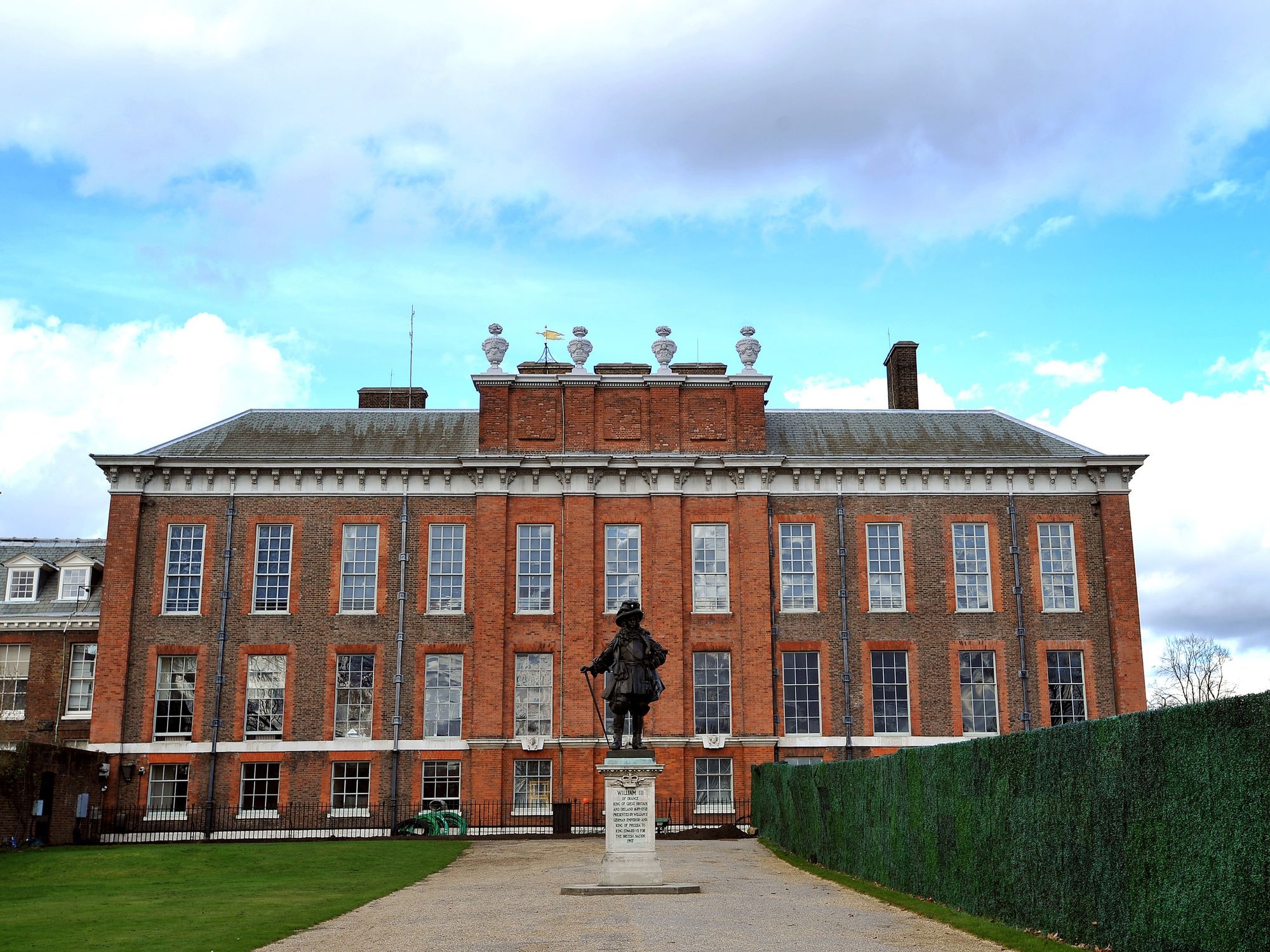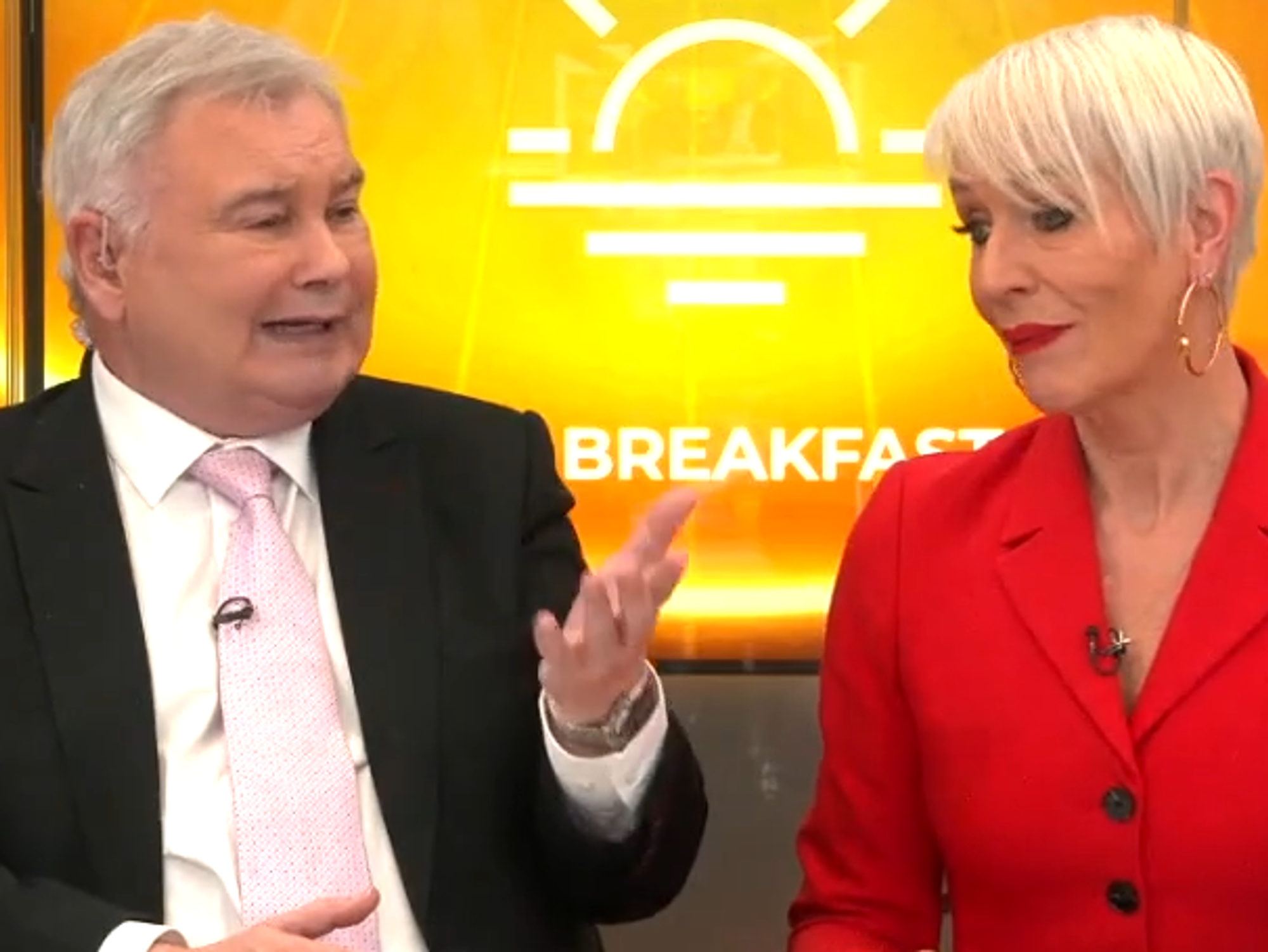Inheritance tax: 'Common mistakes' which could see you paying thousands more as HMRC rakes in an extra £85m


Inheritance tax receipts were £85million higher in April 2024 than in April 2023
Don't Miss
Most Read
Britons are warned of the most "common mistakes" seen when passing on wealth which can leave people paying thousands of pounds more to HMRC.
Following the latest inheritance tax receipts data, an expert has shared costly mistakes they have see their clients make when estate planning.
HM Revenue and Customs (HMRC) collected £700million in inheritance tax last month - this is £85million, or 7.2 per cent, more in inheritance tax than a year ago.
By 2028/29, inheritance tax receipts are expected to hit £9billion. For 2023/24, the figure stood at £7.5billion.
The number of estates paying inheritance tax is estimated to have increased by 15.9 per cent in three years.
HMRC said the increase in receipts last month was, in part, due to the Government's March 2021 and Autumn 2022 decisions to maintain the tax-free thresholds at their 2020 to 2021 levels up until 2028.
 Inheritance tax can be reduced by giving gifts - but rules do apply | GETTY
Inheritance tax can be reduced by giving gifts - but rules do apply | GETTYMark Stubberfield, head of private client at law firm Taylor Rose MW explained the most common mistakes he sees which can leave Britons giving thousands more away to the tax man.
He said: "The most common mistakes include getting confused with the rules with gifts.
"Whilst most gifts fall outside of an estate once seven years have passed, if someone retains a benefit in a gift then it will always remain in your estate whether or not seven years has passed.
"This is known as a gift with reservation of benefit. The main example of this would be if you give your house to your children but remain living there rent-free."
When people give something away as a gift, it is expected that they intend to relinquish all benefits they received from the asset that’s being given away.
If someone continues to benefit from it in some way, this can be considered a gift with reservation.
A gift with a reservation can apply to intangible assets like stocks and shares, expensive personal possessions such as jewellery or antiques, cars or anything else that could be subject to inheritance tax.
To avoid a gifted property being considered a gift with reservation, parents can
- Pay rent in line with local rates
- contribute to the bills
What are the gifting rules?
Gifts given less than seven years before an individual dies may be taxed depending on:
- who they give the gift to and their relationship with them
- the value of the gift
- when the gift was given
Gifts include money, household and personal goods, for example, furniture, jewellery or antiques a house, land or buildings.
People can give away a total of £3,000 worth of gifts each tax year without them being added to the value of their estate. This is known as their ‘annual exemption’.
People can give gifts or money up to £3,000 to one person or split the £3,000 between several people. They can carry any unused annual exemption forward to the next tax year - but only for one tax year. The tax year runs from April 6 to April 5 the following year.
Stubberfield continued: "Another mistake that we see is where people are paying too much tax is not using all available allowances when making the application for Probate.
"When shares are being valued the share price given is usually in pence and not pounds. If you have 100 shares at a value of 14.56 a share it can make a big difference assuming that this works out as £1,456 rather than £14.56.
LATEST DEVELOPMENTS:
"If there are jointly-owned properties with a friend or certain family members, you can claim a reduction in the probate value (usually 10 per cent) to reflect that a sale of a share of an asset may not be equitable – who would want to buy half a house if the other owner did not want to sell?"
For those that are pushed into the inheritance tax web, Wealth Club calculations suggest the average bill could increase to £243,000 in the 2023/24 tax year.
This would mean over 31,000 families having to hand over part of their inheritance to the taxman.
This is a 13.3 per cent increase from the £214,000 average paid just three years ago and a 15.9 per cent rise in the number of estates paying the tax.










